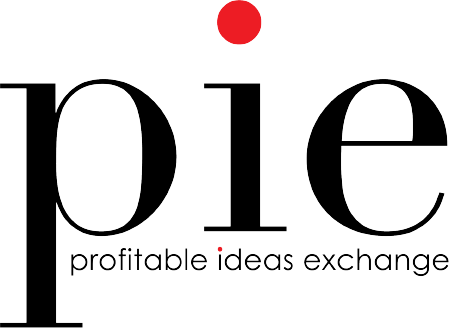By Jacob Parks
The cancellation of the world’s largest mobile-phone trade fair in February and dozens of other events since has brought home the reality that the coronavirus will be a major disruption to business as usual.
Since the Mobile World Congress in Barcelona was canned, the toll of business conference events being canceled due to the global spread of the virus has grown by the day.
With the virus increasingly likely to become a pandemic, we could be facing a world with far fewer physical conference events for some time, depriving companies of one of the most established pipelines for new business.
Although there’s a wide variation in the quality and usefulness of such conferences, the in-person interactions they foster can be a powerful way to show off products and services and to build relationships through trust and credibility.
So how can business-to-business providers such as professional-services firms continue to thrive in a world without conferences?
The coronavirus is a classic example of why marketing and business development executives need to be prepared to live in a VUCA world — that’s volatility, uncertainty, complexity and ambiguity.
In an era of climate change and swirling geopolitical uncertainties, it’s vital to expect the unexpected and be prepared to react flexibly to “black-swan” scenarios like the coronavirus.
The end of conferences doesn’t have to represent a major blow to networking and business development. Here are seven ways companies can reduce the impact and even make their business development strategies more effective.
1. Build your credibility. Conferences are far from the only way to build the invaluable commodity of credibility with prospects. Tailoring your approach to each potential client based on research and data is likely to be much more effective than a one-size-fits-all outreach. Instead of reaching out with cold calls, use your research to find semi-warm leads and approach them with informed questions and examples of how you’ve solved similar problems.
2. Be hyper-vigilant. Always stay on top of current issues that can make what you’re offering more timely and relevant. Take the time to listen to the prospect’s most recent earnings call and check their press releases to understand their issues and potential pain points. Maybe there’s been a staff shake-up that raises questions about the company’s plans in a certain area. Perhaps a current event like the coronavirus seems likely to threaten their cost-cutting efforts and you can present a case study of how you helped a firm navigate a similar challenge.
3. Redirect resources. Travel for conferences sucks up a lot of time and money that can be put to work on winning business in other ways. Part of that budget could be redeployed to gathering research and data on prospects and pulling together compelling stories of your successful projects. One good use of the coronavirus downtime could be to zero-base your marketing and business-development spend. Take the time to analyze the real returns on attending different conference events. How do your partners view them? Are they all worthwhile, or are some just an excuse for a junket? Use that money to figure out how you can serve potential clients better.
4. Be the hub of conversation. As a consulting firm, you want to be at the center of industry conversation in your niche — something that conferences can help you achieve. Without those events, you’ll need to step up your activity in other ways that underwrite your ecosystem and help build credibility. One way to do that is to harness the power of industry peer groups. For example, you might reach out to non-competitive peers and interview them on a subject with the goal of producing an authoritative report on the space.
5. Prepare your communication arsenal. In the absence of physical meetings, make sure you’re set up to handle every possible type of communication with potential clients. Zoom ZM, -2.99%, or another video-conferencing platform, is increasingly viewed as a must-have for remote meetings. But it’s important to know your audience and to be flexible based on how your client prefers to connect. And just because you have a video-conferencing option doesn’t mean it’s the best format for every meeting.
6. Don’t waste people’s time. Conference calls have developed a well-earned reputation for being tedious and unproductive. The key to being an exception is advance preparation. Participants should be limited to a select few, avoiding the common temptation of forwarding invitations more widely. It’s a good idea to do research and interviews ahead of time to hone in on the key topics and questions your potential clients need to be addressed. Calls should have a specific agenda that the host should send to all participants ahead of the meeting. Someone should be taking notes and sending follow-up actions afterward. Often, the side conversations in a call are the most valuable part and can end up being lost without note-taking.
7. Don’t forget the small talk. There’s nothing quite like in-person meetings for getting comfortable with people and breaking the ice with small talk. But it can be done remotely and is perhaps even more important in building relationships at a distance. The FORD technique — family, occupation, recreation and dreams — is one method to follow to achieve familiarity and comfort before getting down to business. Asking questions and sharing stories among those four topic areas can really break the ice and build camaraderie.
Just because you can’t travel during this challenging period doesn’t mean you still can’t fill your pipeline with promising prospects and show off impressive expertise.
To view the full article as published in MarketWatch click HERE.

